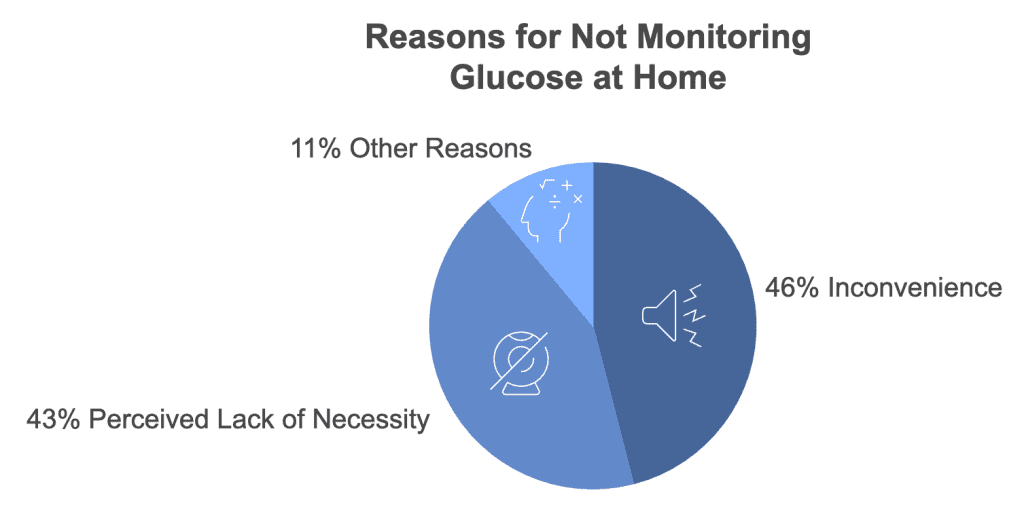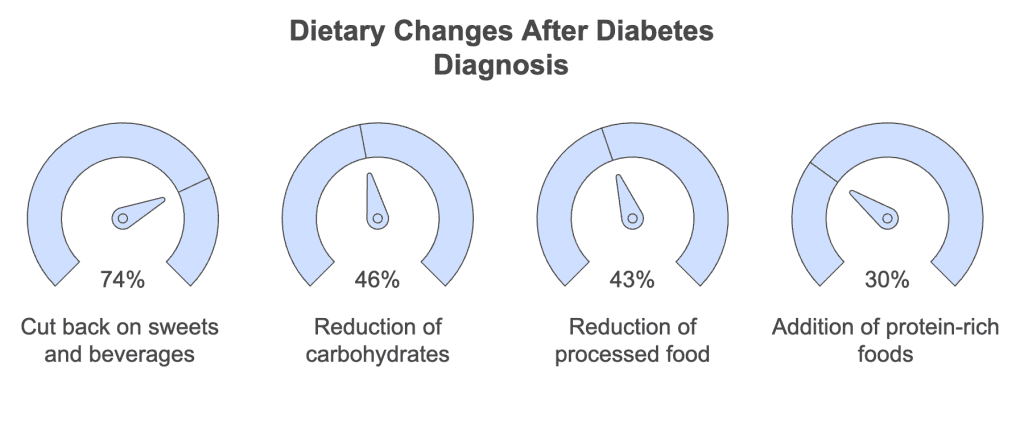Despite 65% of Singaporeans with diabetes believing they manage well, 6 in 10 face poor glucose control, survey reveals.
The survey, conducted by YouGov and commissioned by Abbott, revealed significant gaps in glucose monitoring practices among Singaporeans living with diabetes. While 9 in 10 respondents identified food as the most impactful factor on glucose levels, more than half (51%) admitted they do not monitor their glucose at home.

Convenience remains a key barrier to regular monitoring, with 46% citing inconvenience and 43% stating they do not see the necessity.
Dr Ester Yeoh, Medical Director and Senior Consultant Endocrinologist at Aspen Diabetes & Endocrine Clinic highlighted the issue, saying, “Most of the respondents find finger-sticking inconvenient, which is a big reason why people don’t monitor sugar at home.”
Watch now: Introduction to Blood Glucose Monitoring
Food Choices and Dietary Gaps Among Singaporeans with Diabetes
The survey highlighted widespread misconceptions about the role of food in glucose management.

While 74% of respondents said they reduced sweets and sugary beverages after diagnosis, fewer considered the impact of other food groups.
Only 46% reduced carbohydrates, 43% cut back on processed foods, and just 30% added more protein-rich foods to their diet.
“We are what we eat, but do we truly understand our dietary choices?” said Dr Lim Su Lin, Chief Dietitian and Head of Therapeutics at National University Hospital.
“The recent survey by Abbott reveals that many Singaporeans living with diabetes primarily focus on ‘cutting down sweets’ after their diagnosis. However, effective diabetes management requires more than just reducing sugar intake. Portion control and a balanced diet with fewer carbohydrates and processed foods can significantly improve glycaemic profiles.”
“A holistic approach to plate composition is necessary for better health outcomes.”
Watch now: What Is The Pinnacle Of Diabetes Treatment?
Exercise and Physical Activity Gaps
The survey revealed that close to 8 in 10 Singaporeans with diabetes do not meet the recommended 150 minutes of moderate-intensity exercise per week. On average, respondents reported exercising for only 95 minutes weekly, with half stating they exercise three days or fewer.

Dr Yeoh emphasised the importance of incorporating regular physical activity into diabetes management.
“Physical activity, including a mix of aerobic activity and strength training, is helpful in diabetes management and lowering glucose. This survey reveals that on average, Singaporeans living with diabetes need to find more time for physical activity. Activities such as brisk walking for 15-20 minutes after a meal can significantly impact glucose levels.”
Interestingly, senior citizens aged 60 and above appear to do better in this area. The survey found that 29% of seniors achieved the recommended weekly exercise target. This is high compared to just 17% of those under 60.
Trusted Sources and the Need for More Education
When it comes to managing diabetes, most respondents turn to healthcare professionals for guidance. Nearly 8 in 10 Singaporeans with diabetes said they rely on advice from doctors, dietitians, or nurses.
However, other sources of information are less trusted. Only 2 in 10 respondents said they sought advice from lifestyle influencers, fitness coaches, or chefs.
Kathleen Tan, Divisional Vice President of Abbott’s diabetes care business in Asia Pacific, emphasised the importance of accurate information:
“Without consistent, accurate monitoring of glucose levels and competent advice, self-management of diabetes can become a perception game – we tend to think we’re fine until symptoms become pronounced.”

